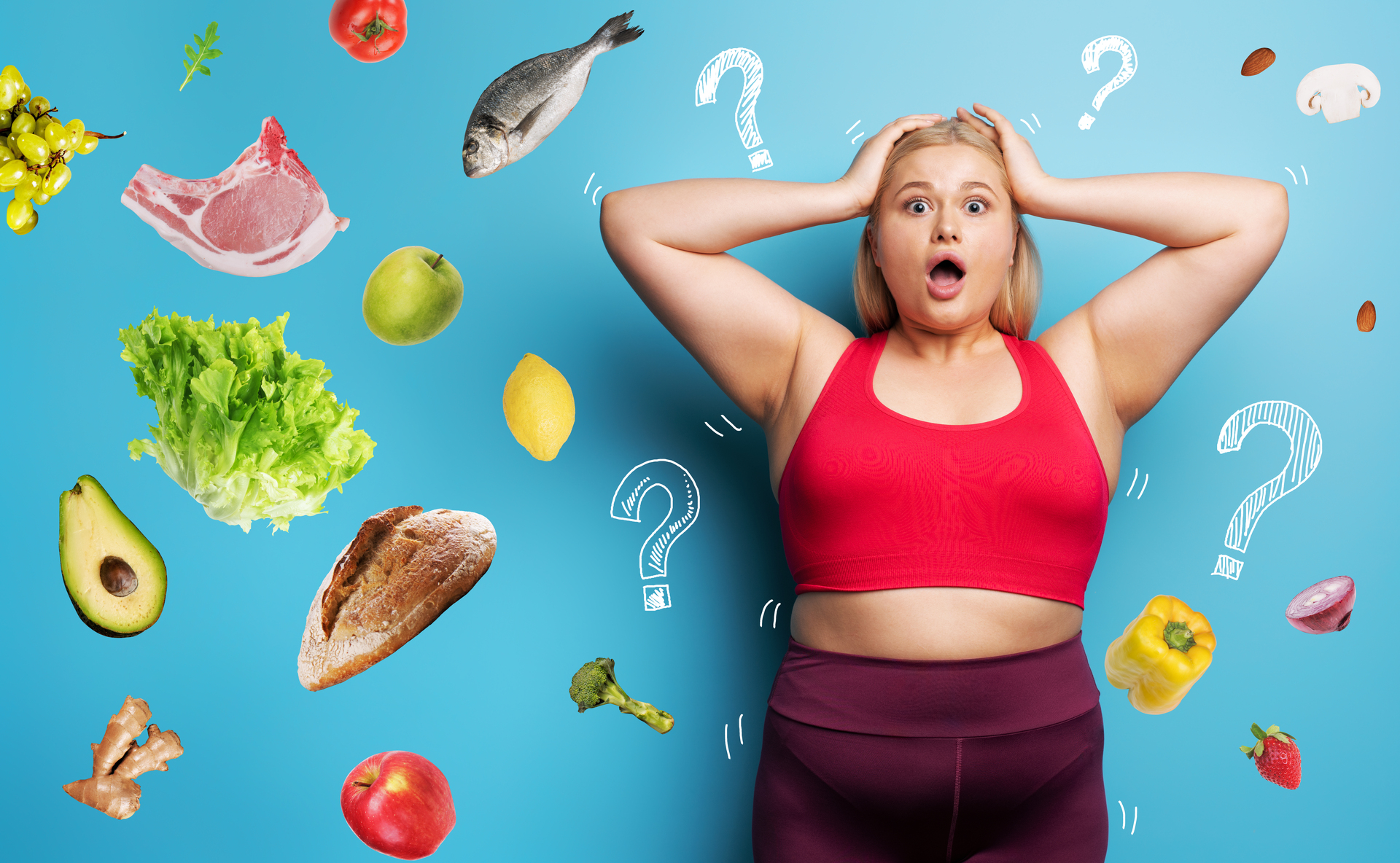Stressed, Stuck, and Still Gaining Weight? How to Lose Weight After 40 with a Holistic Stress Management Plan
Feeling stuck despite eating right and staying active? Discover how stress, hormones, and metabolism changes after 40 affect weight loss and learn holistic ways to reset your body, balance stress, and finally see results.











